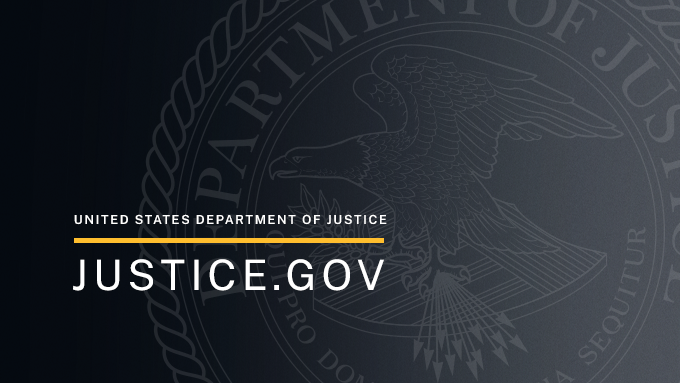Things like literacy tests were put in by some southern states prior to the civil rights act, that were determined to be unconstitutional by the supreme court because they were created and designed to disenfranchise black voters.
Literacy Tests Are Ruled Unconstitutional
1949
Although literacy tests for voting apply to both blacks and whites, they exclude more African Americans from registration because of poor education and discriminatory administration that require African American applicants to pass more difficult tests.
The U.S. Supreme Court in Davis v. Schnell hold Alabama’s literacy test unconstitutional as it is clearly intended to deny the vote to African Americans and thus violates the Fifteenth Amendment.
Still wrong. The Court ruled Alabama's enforcement of the literacy test was a violation of the 15th Amendment. Many states still had them until well into the 1960's. LBJ's voting rights act temporarily suspended them for a few years. California, New York, and many other states got to keep enforcing them while they were suspended in seven states, most in the South but also Alaska and Arizona.

www.justice.gov
"The Shelby County decision
On June 25, 2013, the United States Supreme Court held that it is unconstitutional to use the coverage formula in Section 4(b) of the Voting Rights Act to determine which jurisdictions are subject to the preclearance requirement of Section 5 of the Voting Rights Act,
Shelby County v. Holder, 570 U.S. 529 (2013). The Supreme Court did not rule on the constitutionality of Section 5 itself. The effect of the
Shelby County decision is that the jurisdictions identified by the coverage formula in Section 4(b) no longer need to seek preclearance for the new voting changes, unless they are covered by a separate court order entered under Section 3(c) of the Voting Rights Act.
Coverage Under the Special Provisions of the Voting Rights Act
Section 5
was enacted to freeze changes in election practices or procedures in covered jurisdictions until the new procedures have been determined, either after administrative review by the Attorney General, or after a lawsuit before the United States District Court for the District of Columbia, to have neither discriminatory purpose or effect. Section 5 was designed to ensure that
voting changes in
covered jurisdictions could not be implemented used until a favorable determination has been obtained.
The requirement was enacted in 1965 as temporary legislation, to expire in five years, and applicable only to certain states. The specially covered jurisdictions were identified in
Section 4 by a formula. The first element in the formula was that the state or political subdivision of the state maintained on November 1, 1964, a "test or device," restricting the opportunity to register and vote. The second element of the formula would be satisfied if the Director of the Census determined that less than 50 percent of persons of voting age were registered to vote on November 1, 1964, or that less than 50 percent of persons of voting age voted in the presidential election of November 1964. Application of this formula resulted in the following states becoming, in their entirety, "covered jurisdictions": Alabama, Alaska, Georgia, Louisiana, Mississippi, South Carolina, and Virginia, In addition, certain political subdivisions (usually counties) in four other states (Arizona, Hawaii, Idaho, and North Carolina were covered. It also provided a procedure to terminate this coverage."
The 15th Amendment doesn't ban literacy tests or civics tests. What was ruled unconstitutional was the unequal enforcement of the requirements for voting in Alabama, not literacy tests per se.
The best book on the Civil Rights era is Hugh Davis Graham's. A must have for any interested in the history of the era.
The civil rights era conjures up a wide range of dramatic images--sit-ins at segregated diners, burning churches, the massive march on Washington, police dogs and firehoses turned on protesters, and Dr. Martin Luther King, Jr., lying dead from an assassin's bullet. But off the streets another...
books.google.com
